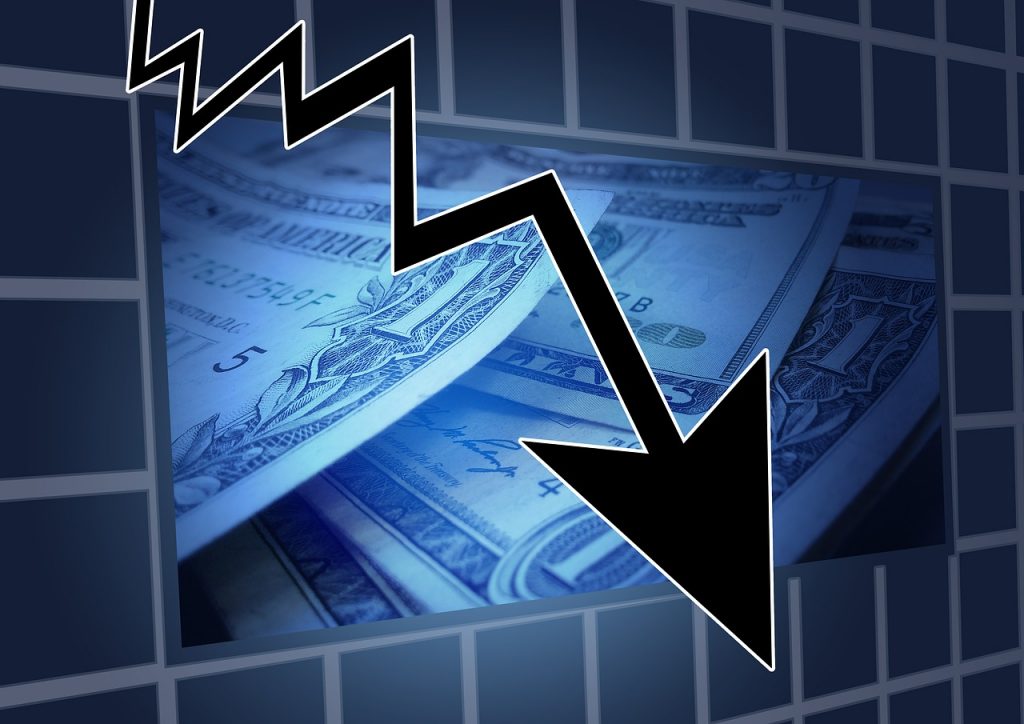Why Consumers Are Losing Faith In The US Economy
The current intense inflationary period has given way to a measurable decline in consumer confidence in relation to the US economy.
This article is more than 2 years old

With real fears of a probable recession looming combined with the chokehold that inflation currently has the United States in, consumers are beginning to lose a lot of faith in the strength of the economy. Consumers’ waning faith became evident with the latest figures to emerge from the Conference Board’s consumer confidence index. According to the index’s data, consumer confidence is currently hovering at 106.4. That is 2.2 points lower compared to just a month prior.
The consumer confidence index uses the number 100 as its baseline. If the index is at 100 this indicates that consumers have a neutral attitude about the US economy. Any reading above 100 suggests that consumers are feeling positive about the state of the economy. Conversely, any reading below 100 means that consumers are perceiving the economy in a more negative light. Even though the latest reading to come out of the index reflects that consumers are generally still feeling positive, the downward trend is what is concerning.
The reason for decline in consumer confidence can largely be attributed to the effects inflation has imposed on society. CNN pointed to the fact that housing, transportation, and food costs have all seen significant increases over the past year. And these are the areas that most households are already spending the most on. Thus, what individuals are seeing, as a result, is that the additional strain of increased costs is driving consumer confidence down. It’s simply a reflection of human nature to shift attitudes when the going gets tough with no immediate resolution in sight.
That being said, it’s not all doom and gloom. “We still have headwinds from the war in Ukraine, rising prices, interest rate hikes, but consumers have been weathering it pretty well – even though we did have a slight decline, it’s relatively a strong reading,” said Lynn Franco, senior director of economic indicators at The Conference Board via CNN. Franco went on to point out that a strong job market is also helping to keep consumer confidence in relation to the state of the economy high.
Moreover, even though consumers’ faith in the US economy has waned slightly, it hasn’t served to slow down spending by much. While sales of certain things have tapered because, as Franco puts it, “You can only buy so many washing machines,” on the whole consumer spending has remained relatively strong. Which, in a hyper-inflated economy, is somewhat of a marvel.
This could potentially be attributed to relaxing Covid restrictions following years of stringent regulations. Logically, customers are eager to regain ahold of some societal normalcy. This sentiment is being reflected in their spending. For instance, sales for experiential opportunities like concerts and sporting events have remained strong. Airlines are seeing similar surges in the number of people traveling.
Perhaps people are staying positive through this harrowing fiscal time because of how difficult the past couple of years has been? It speaks to an undercurrent of resiliency following a trying time that was far worse than what a grossly inflated economy can produce. Overall, despite the fact that consumer confidence has sunk slightly, there is no reason to sound the alarm bells just yet. The economy, while not in an ideal place, is holding up well to all the curveballs that have been thrown at it.




